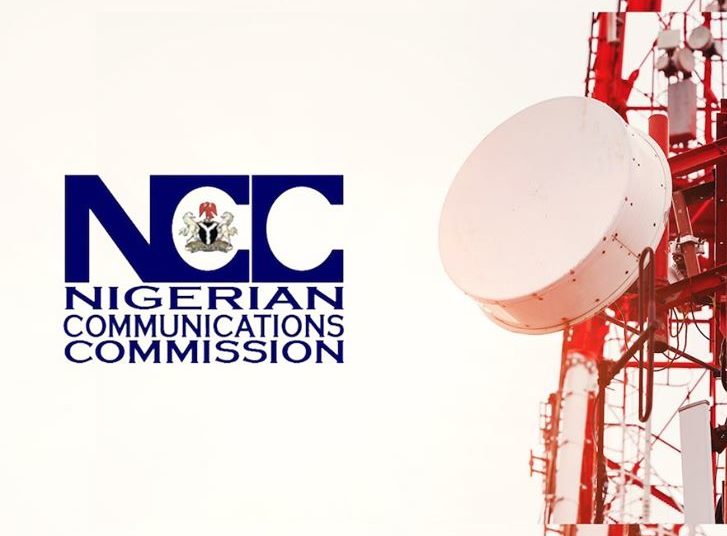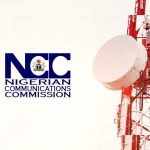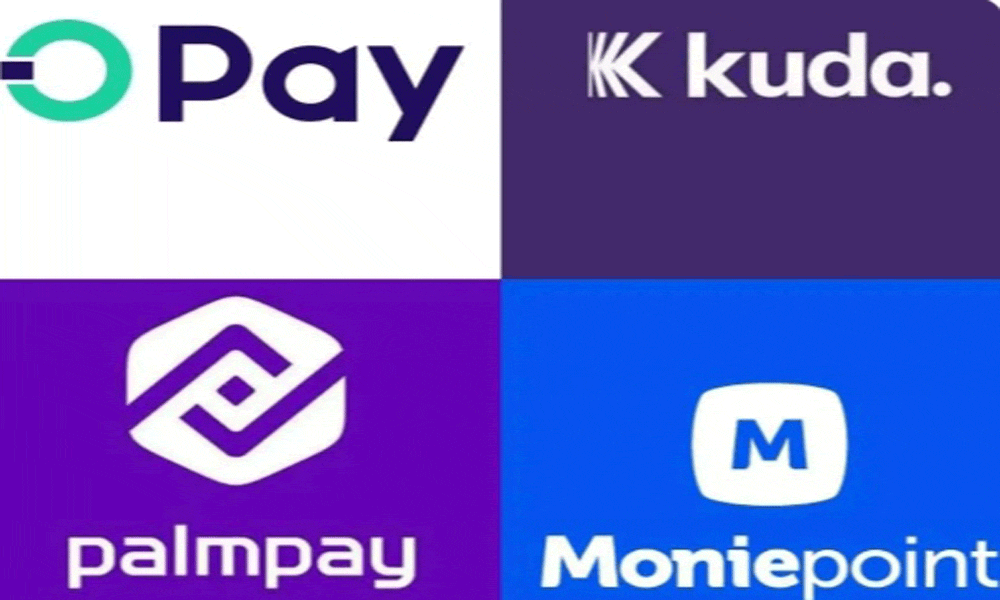NCC Launches Public Reporting Portal, Mandates Telecom Operators to Notify Consumers of Major Network Outages
In a landmark move to enhance transparency and consumer protection, the Nigerian Communications Commission (NCC) has issued a new directive mandating all telecom licensees to notify consumers of...

In a landmark move to enhance transparency and consumer protection, the Nigerian Communications Commission (NCC) has issued a new directive mandating all telecom licensees to notify consumers of major service outages on their networks. The directive requires operators to inform the public through various media channels, detailing the cause of the outage, affected areas, and estimated restoration time.
Table Of Content
Additionally, where planned outages are scheduled, consumers must be notified at least one week in advance.
Key Highlights of the NCC Directive:
-
Mandatory Public Notification: Operators must communicate all major outages clearly and promptly via public media.
-
Proportional Compensation: For outages exceeding 24 hours, providers must offer compensation—such as validity extensions—in accordance with the Consumer Code of Practice Regulations.
-
Defined Categories of Major Outages:
-
Outages affecting 5% or more of the operator’s subscriber base or at least 5 LGAs.
-
Disruptions involving 100 or more network sites or 5% of total sites lasting 30 minutes or more.
-
Service degradation in top 10 traffic volume states, as determined by the NCC.
-
Launch of the Major Outage Reporting Portal
To further ensure transparency, the NCC has launched a Major Outage Reporting Portal, now live on the Commission’s official website: www.ncc.gov.ng. This portal allows the public to:
-
Track and view real-time reports of network outages.
-
Identify responsible parties behind infrastructure damage or service interruptions.
-
Access outage data submitted by operators in compliance with the directive.
Promoting Accountability and Protecting National Infrastructure
Speaking on the initiative, Engr. Edoyemi Ogor, Director of Technical Standards and Network Integrity at the NCC, explained that the portal and reporting framework were tested extensively with telecom operators prior to rollout.
“By providing timely and transparent updates on network outages, we are building a culture of accountability in the telecom sector. This system also ensures that those responsible for sabotage or damage to telecom infrastructure are identified and held accountable,” said Ogor.
He added that this aligns with the NCC’s commitment to enforcing the Executive Order by President Bola Ahmed Tinubu, which designates telecommunications infrastructure as Critical National Information Infrastructure (CNII).
The NCC’s new directive reinforces the Commission’s focus on consumer experience, network integrity, and the security of Nigeria’s digital infrastructure—ensuring that telecom services remain reliable, accessible, and resilient.









No Comment! Be the first one.